1. The Prisoner (1967-1968)
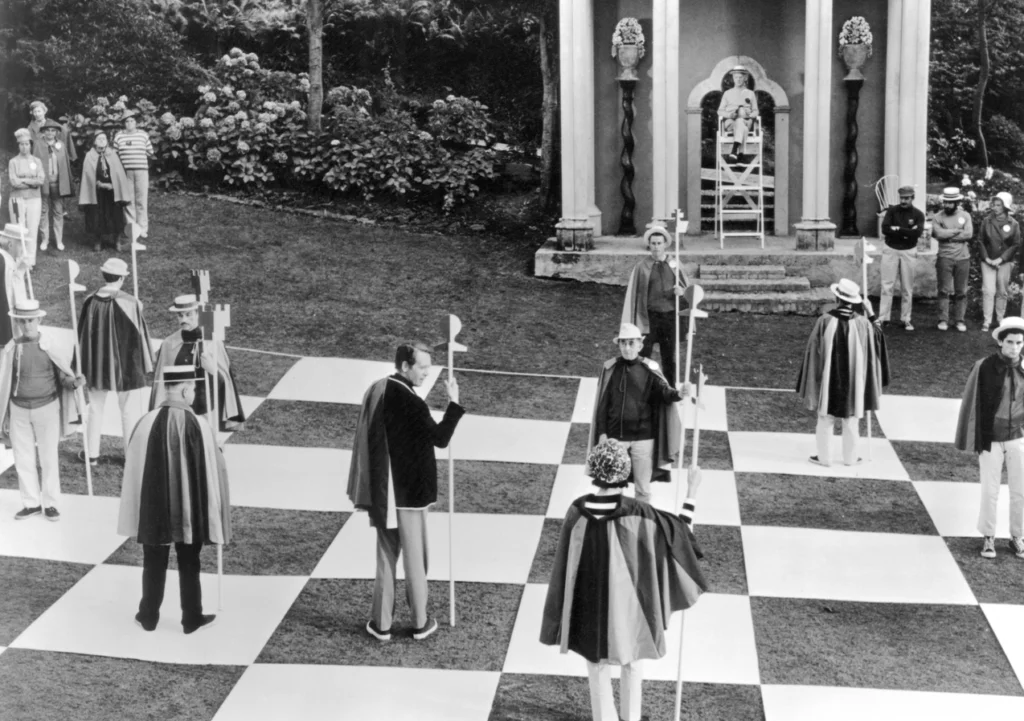
This British sci-fi series might seem like a product of the ’60s counterculture, but it was far ahead of its time in its exploration of individual freedom versus government control. Patrick McGoohan starred as Number Six, a man who is mysteriously imprisoned in a picturesque village and subjected to psychological manipulation. The show’s surreal visuals and allegorical narrative were groundbreaking for its era and continue to influence modern television, especially in shows dealing with dystopian societies.
The Prisoner tackled themes of identity, privacy, and surveillance long before these topics became mainstream in pop culture. Its complex storytelling and avant-garde style defied the typical episodic format of the time, leaving many viewers confused and intrigued. Despite its brief run, The Prisoner remains a cult classic, influencing shows like Lost and Westworld with its mind-bending twists and philosophical undercurrents.
2. The Twilight Zone (1959-1964)
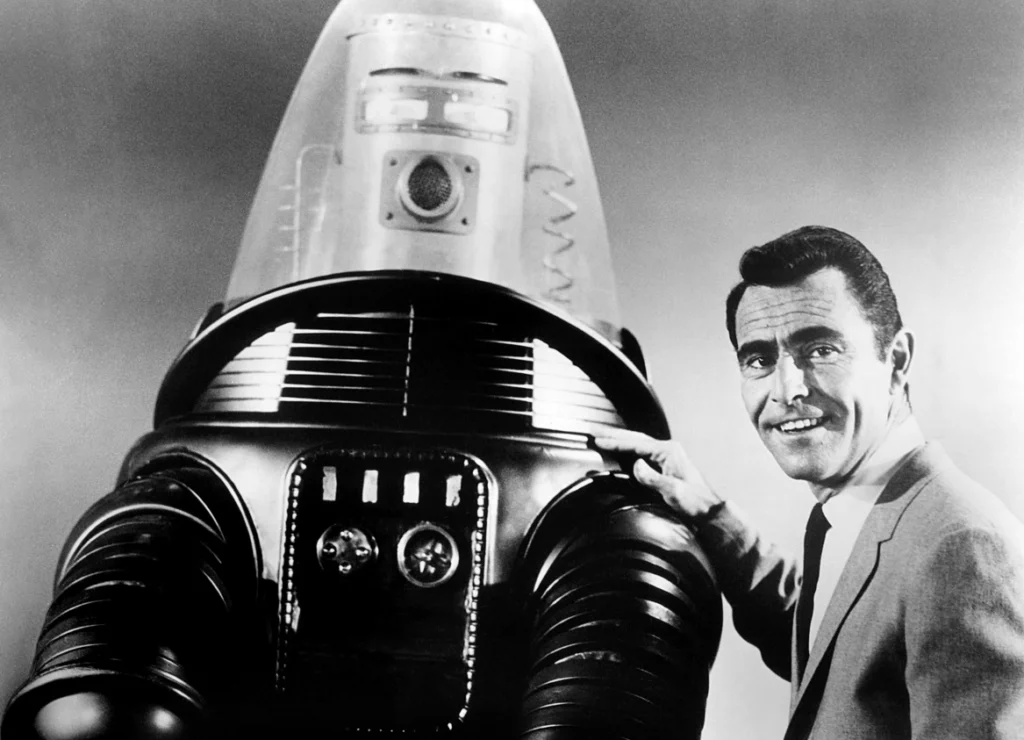
Rod Serling’s The Twilight Zone was undeniably ahead of its time, using the anthology format to explore pressing societal issues through science fiction and fantasy lenses. Although the show ran from 1959 to 1964, its relevance is timeless. Each episode presented a moral lesson, often addressing themes like racism, political corruption, and human nature, all under the guise of strange, often supernatural scenarios.
Its thought-provoking stories pushed boundaries on television and tackled issues that were rarely discussed in mainstream media. While The Twilight Zone became famous for its eerie twists and shocking endings, it was the way it subtly highlighted social injustices that set it apart. Even decades later, the show’s influence on modern anthologies like Black Mirror and The Outer Limits is undeniable.
3. My Favorite Martian (1963-1966)
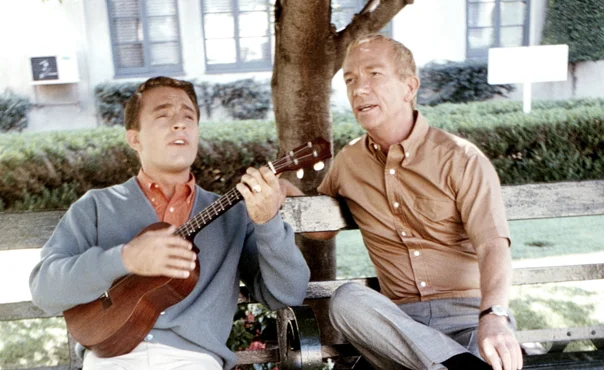
At first glance, My Favorite Martian may seem like just another lighthearted sitcom, but it was far more innovative than it gets credit for. The show centered around an alien, played by Ray Walston, who crash-lands on Earth and lives with a reporter, played by Bill Bixby. While it embraced slapstick humor and wacky scenarios, it also touched on themes of isolation, the nature of humanity, and cultural assimilation.
In its day, the series was one of the first to truly explore the “alien as the outsider” concept, a theme that would be explored far more seriously in future TV and films. Its futuristic technology, quirky robots, and outlandish settings helped cement My Favorite Martian as an early precursor to modern sci-fi sitcoms like 3rd Rock from the Sun and ALF.
4. The Man from U.N.C.L.E. (1964-1968)
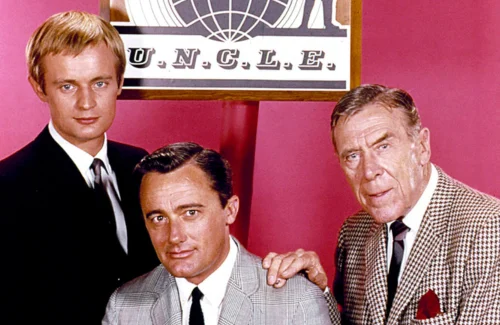
The Man from U.N.C.L.E. was more than just a spy series – it was an international sensation that redefined the genre. The show followed two secret agents, Napoleon Solo and Illya Kuryakin, as they tackled espionage and international conspiracies. Set during the Cold War, the show broke away from traditional spy tropes by infusing humor, fashion, and international intrigue into its formula.
What set The Man from U.N.C.L.E. apart was its ability to blend serious espionage with lighthearted charm, something not commonly seen at the time. The show’s sleek, fashionable style and global perspective would later inspire other iconic series like Mission: Impossible and James Bond films. The chemistry between the two leads and their unconventional approach to the spy genre made the show a precursor to later, more nuanced action-adventure series.
5. Star Trek (1966-1969)
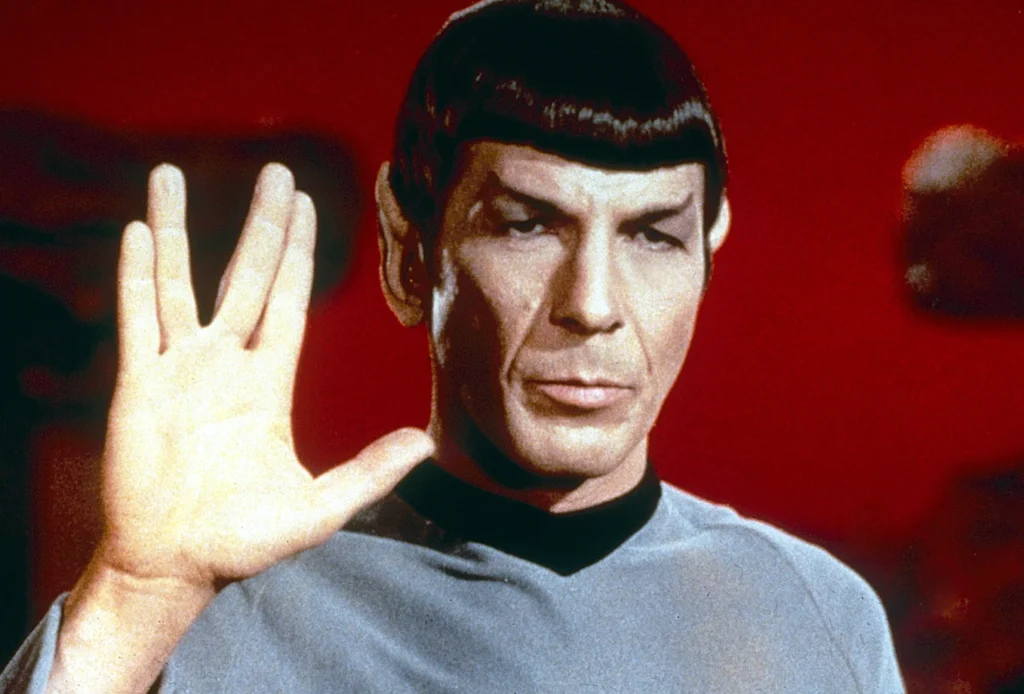
While Star Trek is now a cultural juggernaut, its initial run in the 1960s was met with mixed reviews and low ratings. Created by Gene Roddenberry, the show set off on a five-year mission to boldly go where no one had gone before, tackling issues of race, gender, and ethics in a way that was revolutionary for the time. Captain Kirk, Spock, and the rest of the crew explored strange new worlds, encountering allegories for issues like the Vietnam War, the civil rights movement, and the space race.
Star Trek’s depiction of a multiracial, multicultural crew was radical for the ’60s, challenging traditional norms of diversity on television. While it was initially canceled after only three seasons, the show’s forward-thinking messages and inclusion of strong, independent women characters paved the way for future science fiction, making it a crucial influence on shows like The X-Files and Battlestar Galactica.
6. The Wild Wild West (1965-1969)
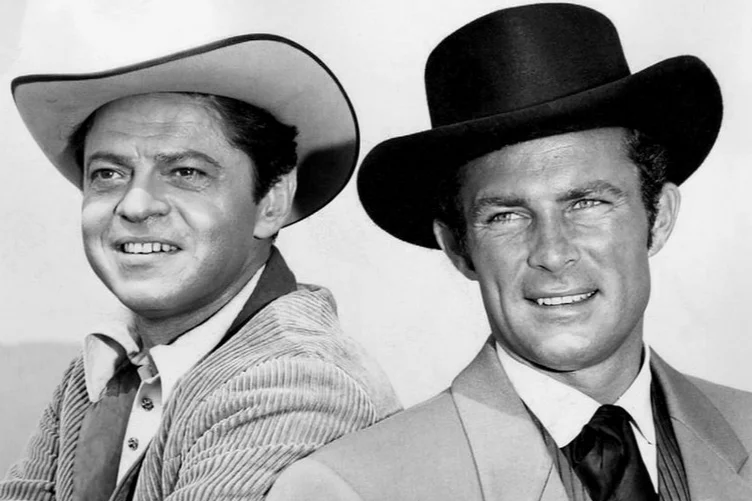
This show combined the genres of westerns and spy thrillers, setting it apart from anything else on TV at the time. The Wild Wild West followed two secret agents, James West and Artemus Gordon, as they traveled across the American frontier, protecting the President from various evil forces. With its steampunk gadgets, outrageous villains, and complex plots, the series was a precursor to modern action-adventure shows and films.
The show’s innovative mix of historical settings with futuristic technology was unique for its time. It wasn’t just another western – it was an action-packed, genre-defying adventure that explored espionage, mystery, and technology, laying the foundation for later action franchises like Mission: Impossible and The Avengers. The Wild Wild West’s use of visual storytelling and its boundary-pushing plots made it a trailblazer in the TV landscape.


